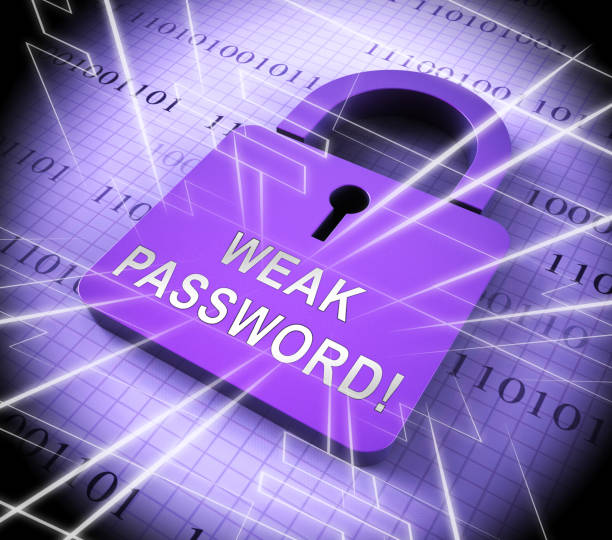Passwords are the primary means of securing our online accounts and personal data. However, despite their importance, many people continue to use weak, easily guessable passwords. In this blog post, we’ll explore why weak passwords are bad and how they can be exploited by cyber criminals.
What are Weak Passwords?
A weak password is one that can be easily guessed or cracked by an attacker. This can include passwords that are short, use common words or phrases, or use personal information such as names or birthdates. Passwords that are reused across multiple accounts or are not changed regularly are also considered weak.
Why are Weak Passwords Bad?
Weak passwords are bad for several reasons. Here are some of the most important ones:
They are easy to guess or crack: Weak passwords are vulnerable to brute-force attacks, in which an attacker tries multiple passwords until they find the correct one. This is particularly easy to do with weak passwords that use common words or personal information.
They can lead to account takeover: Once an attacker has access to your account, they can steal your personal data, financial information, and other sensitive data. They can also use your account to send spam or conduct fraudulent activities.
They can be used for credential stuffing: When an attacker obtains a list of usernames and passwords from a data breach or other source, they can use these credentials to try to access other accounts that use the same password. This is known as credential stuffing and can be very effective if users reuse passwords across multiple accounts.
They can lead to reputational damage: If an attacker gains access to your social media or email account, they can use it to post embarrassing or offensive content that can damage your reputation.
They can result in financial loss: If an attacker gains access to your financial accounts, they can steal money or make unauthorized transactions.
How can Weak Passwords be Exploited?
Weak passwords can be exploited in several ways. Here are some of the most common methods:
Brute-force attacks: As mentioned earlier, attackers can use automated tools to try multiple passwords until they find the correct one. This is particularly effective with weak passwords.
Dictionary attacks: Attackers can use dictionaries of common words or phrases to try to guess passwords. This can be very effective with passwords that use common words or phrases.
Social engineering: Attackers can use social engineering techniques, such as phishing or pretexting, to obtain your password. For example, they may send you an email pretending to be from your bank, asking you to reset your password.
Shoulder surfing: Attackers can physically observe you typing in your password, for example, by looking over your shoulder or recording you on a camera.
Password reuse: If you use the same password across multiple accounts, an attacker who gains access to one account can use it to access other accounts.
How to Create Strong Passwords
Creating strong passwords is one of the most important things you can do to protect your online accounts and personal data. Here are some tips for creating strong passwords:
Use a mix of characters: Use a mix of uppercase and lowercase letters, numbers, and symbols to create a strong password that is difficult to guess or crack.
Avoid common words or phrases: Avoid using common words or phrases that can be easily guessed, such as “password” or “123456.”
Use a passphrase: Consider using a passphrase instead of a password. A passphrase is a series of words that are easy to remember but difficult to guess, such as “correcthorsebatterystaple.”
Use a password manager: Consider using a password manager to generate and store strong, unique passwords for each of your accounts.
Change your passwords regularly: Change your passwords regularly, especially for accounts that

Pingback: Strengthening Windows 11 Cybersecurity: A Comprehensive Guide to Harden Your System - Chase Deals